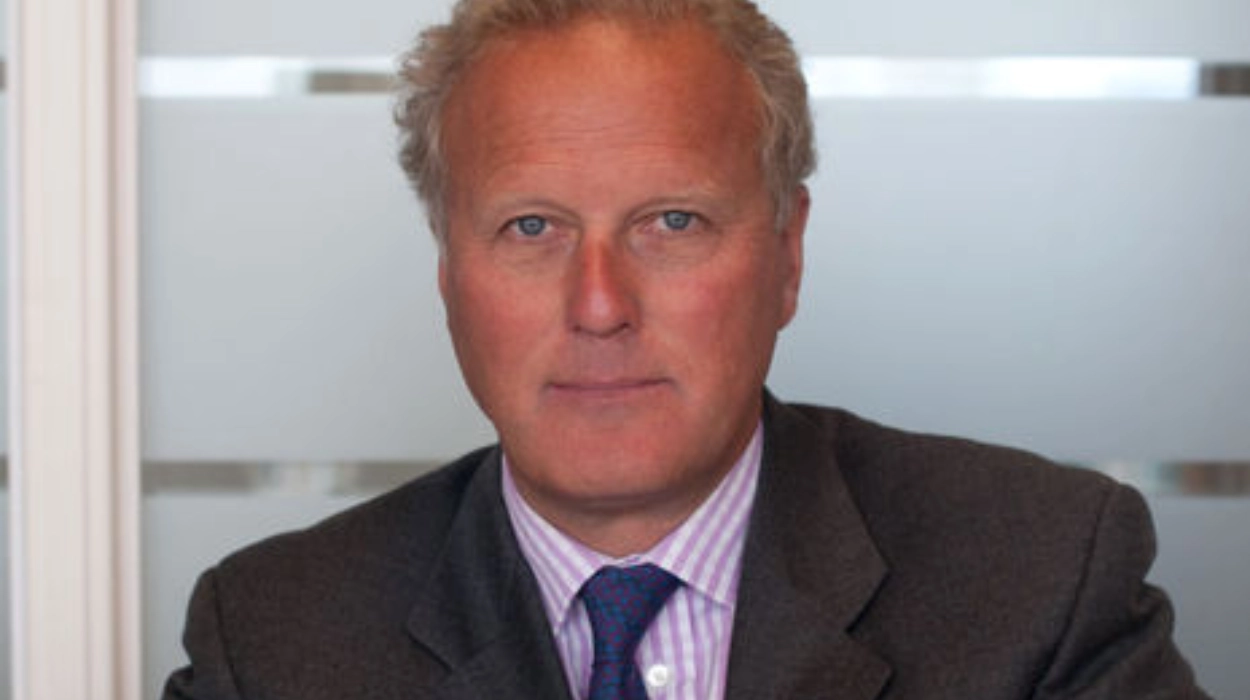I have just returned from co-chairing the Commonwealth Business Forum in Rwanda with President Kagame.
The Business Forum has not been to Africa for over 10 years; this biannual event had been delayed by Covid for 2 years, so the combination of the pent up desire to physically meet face to face and the fact that the event was Africa focused provided for a really upbeat 3 days.
Where else [possibly apart from Davos] would you see 1700 business leaders from over 60 countries mixing with 20 plus heads of state, multiple philanthropists, President of FIFA, Secretary General of the World Health Organisation, President of the World Bank and HRH The Prince of Wales? So this is a major event covering all the contemporary issues such as food security, energy, security, climate change, trade deals, fintech, healthtech and was a huge success.
Rwanda despite the legacy of a brutal civil war is now a fast-growing modernising and beautiful country. Importantly it-embraces free trade and as such is fast lifting its country out of poverty and proving to be an example for other African countries to follow.
The Commonwealth numbers are compelling; a third of the world’s population over 56 countries (Togo and Gabon joined this year) has proven to be 21% more competitive dealing intra-Commonwealth because of shared language, similar legal systems and similar trade arrangements. 60% of the population are under 30 which will prove a constant employment challenge but does create vibrancy.
The Commonwealth is not a substitute for the EU for Britain, but surely it is a no-brainer for the UK to embrace it and start realising the Commonwealth’s potential.
However, the Commonwealth is going to find it very hard to maintain its relevance. There has been a bitter and unfortunate dispute over extending the current Secretary General’s term where the African nations voted on block against a British led motion to replace her, this will require a lot of wound-healing and shows that Britain, despite being the largest funder of the Secretariat, no longer automatically carries the members with it. Will Britain, as a result, reduce its funding to the Secretariat?
Despite protests otherwise, the FCDO has allowed the Secretary General issue to be a priority not taking advantage of its 4 years as chair in office to develop a Commonwealth post Brexit strategy and regrettably will now have to play catch up.
Most Commonwealth institutions are grossly underfunded and countries like Canada and India are ceasing to engage with them. The next chair in office after Rwanda is Samoa who will be excellent but due to its geographic location will be challenging to arrange events. However, given the increasing presence of China in the Pacific, Samoa could be strategically placed to provide re-grouping of the Commonwealth to confront this increasing Chinese influence.
On the positive side, the Commonwealth still has resonance as a trusted ‘brand’ and some of the institutions including ours are flourishing because, as a networking organisation, we offer complementary support to government departments and businesses. Since being reformed 8 years ago, we now have hubs in Nigeria, Ghana, Sri Lanka, Gibraltar, Malta and soon to be Kenya
Trade and investment are the key constituents of growth badly needed in this post-Covid era and an alliance of like-minded countries has realisable benefits. The African Free Trade Agreement is a statement of intent initiated by African Commonwealth countries which was achieved in an extraordinarily quick time with headquarters in Ghana.
The financial crisis in Sir Lanka also buys an opportunity for the Commonwealth to support the new Prime Minister instead of reverting to a Chinese bailout.
Lastly, a non-political and non-partisan leadership by the Royal family is significant because it will surely be the way that the UK can build on its relevance.


